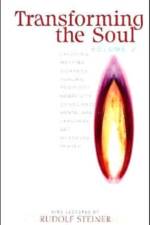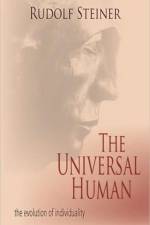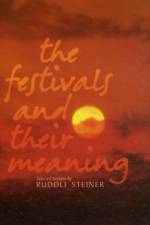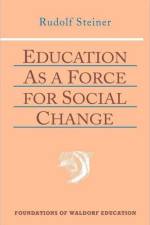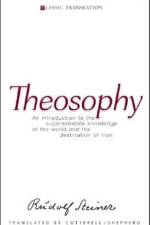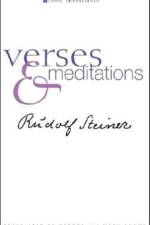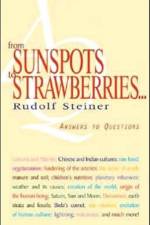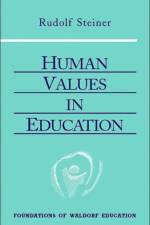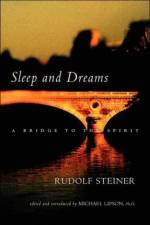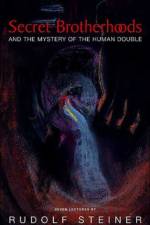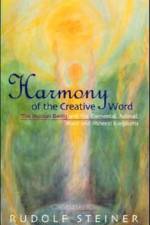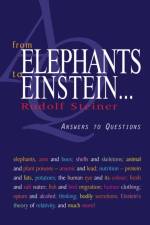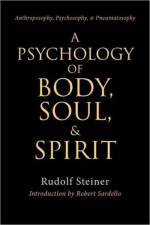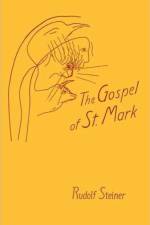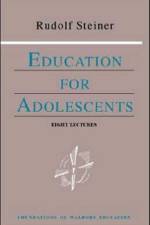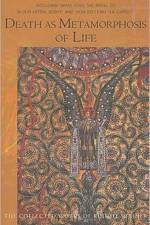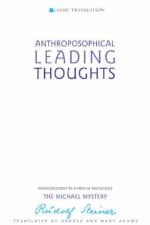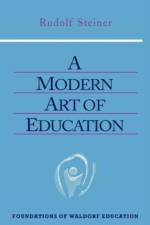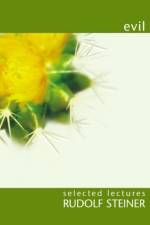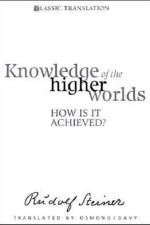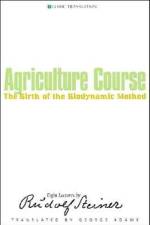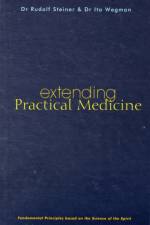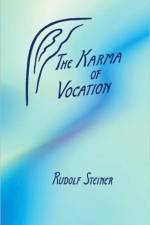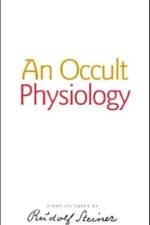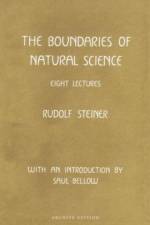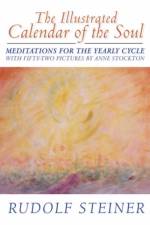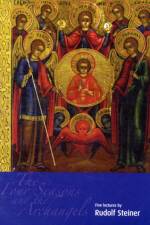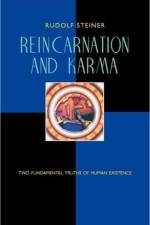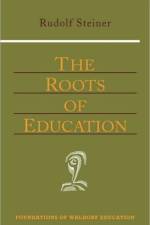- How is it Achieved?
av Rudolf Steiner
161 - 341
Rudolf Steiner's fundamental handbook for spiritual and personal development has grown more modern as time has passed, although his methods remain clearly distinguishable from the many others now in circulation. For one thing, Steiner's path of spiritual growth is based on the clarity of thought normally associated with scientific research. Rather than denying clear thinking, his aim is to extend it beyond its present limitations. Secondly, Steiner recognizes - as all genuine disciplines always have - that the path to spiritual experience is an arduous and dangerous one, calling for self-control in thought, word and deed. Human beings comprise a unity, and we cannot develop knowledge without a corresponding development in feeling and will. Rudolf Steiner foretold that humanity would begin to experience a longing for forms of experience that transcended intellectual, materialistic thinking. More than one hundred years after the first publication of this book in 1904, there are countless means to achieve such experience, such as eastern meditation, channelling, remote viewing and astral projection. In addition, there has been a huge growth in people reporting extrasensory perceptions of various kinds, such as near-death experiences and meetings with angels. In this context, Steiner's key spiritual workbook - reproduced here in the classic Osmond/Davy translation - is needed more than ever, given its unique, precise instructions for inner training, its protective exercises, and its indications for grounding and centring. Knowledge of the Higher Worlds begins with the conditions required for personal development, and guides us through the stages of initiation, its practical aspects and its effects.

